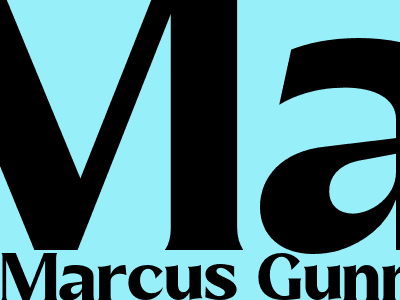
Marcus Gunn Syndrom
Marcus Gunn Syndrome (Marcus Gunn Jaw-Winking Phenomenon)
What is Marcus Gunn Syndrome?
Marcus Gunn Syndrome (MGS) is a rare congenital neurological disorder that affects the coordination between the jaw and eyelid movements. It is characterized by an involuntary upward movement of the eyelid (ptosis) when the jaw is moved laterally (sideways). This phenomenon is known as the "jaw-winking" reflex.
Causes of Marcus Gunn Syndrome
The exact cause of Marcus Gunn Syndrome is unknown. However, it is believed to be caused by a developmental abnormality in the nerves that control the eyelid and jaw muscles.
There are two main types of Marcus Gunn Syndrome:
- Congenital Marcus Gunn Synrome is present at birth and is caused by a developmental abnormality in the trigeminal nerve, which controls the muscles of the jaw and eyelid.
- Acquired Marcus Gunn Syndrome develops later in life and can be caused by a variety of factors, such as trauma, stroke, or brain tumors.
Symptoms of Marcus Gunn Syndrome
The main symptom of Marcus Gunn Syndrome is the involuntary upward movement of the eyelid when the jaw is moved laterally. This symptom can vary in severity, from a mild fluttering of the eyelid to a complete closure of the eye.
Other symptoms of Marcus Gunn Syndrome may include:
- drooping of the eyelid (ptosis)
- difficulty closing the eye
- dry eyes
- excessive tearing
- headaches
- neck pain
Diagnosis of Marcus Gunn Syndrome
Marcus Gunn Syndrome is diagnosed based on a physical examination and the characteristic jaw-winking reflex.
Treatment of Marcus Gunn Syndrome
There is no cure for Marcus Gunn Syndrome. However, treatment can help to manage the symptoms and improve the quality of life.
Treatment options for Marcus Gunn Syndrome include:
- Eyelid surgery can be performed to correct the drooping eyelid and improve vision.
- Botulinum toxin injections can be used to temporarily paralyze the muscles that control the eyelid and jaw, reducing the severity of the jaw-winking reflex.
- Physical therapy can help to improve the coordination between the jaw and eyelid movements.
Outlook for Marcus Gunn Syndrome
The prognosis for Marcus Gunn Syndrome is generally good. Most people with this condition can live full and active lives with minimal symptoms.

Komentar